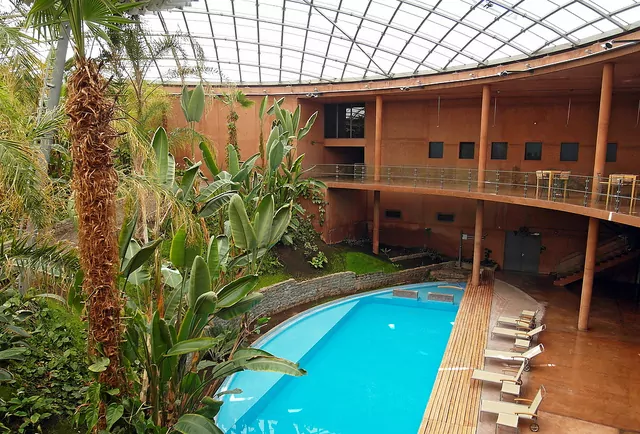
Teak: A Turn-Key Investment Option Towards Residency
Turn-Key Residency With Investment Upside
Panama’s new “Specific Countries” residency visa program is one of the most turn-key in the world. Authorized through Executive Order by current Panamanian President Ricardo Martinelli, this residency option is available to citizens of 47 specifically named countries. If you hold a passport for one of the 47 countries on the list, this is the best Panamanian residency option after Panama’s pensionado visa…and, again, one of the best residency options in the world.
Unlike other residency visa programs, the Specific Countries program is a one-application process that results in immediate permanent residency. Other options require several applications over several years and grant at first temporary, not permanent residency. The clock for citizenship doesn’t start until you’ve received permanent residency. After five years of permanent residency you can apply for naturalization as a Panamanian citizen and thereby obtain a Panamanian passport.
How Do You Qualify?
First, you show that you have at least US$5,000 on deposit in a local bank account. Second, you do one of these three things:
- You show offer of employment…
- You start a corporation (and then actually run a business)…
- Or you invest in a piece of real estate (in your own name).
As a foreigner, you may have trouble organizing a job offer (although a primary goal of the new residency option is to make it easier for foreigners to get work permits). Not everyone is interested in starting and operating a business.
Meaning that the most retiree-friendly way to qualify for this new program can be by investing in a piece of real estate. Although no minimum investment amount is formally stated in the decree, US$10,000 is what immigration officials are said to be looking for. That’s not a high hurdle. The trouble is that you’re going to be hard put to find a piece of real estate for sale in this country for around the US$10,000 mark. In fact, until last week at our Live and Invest in Panama Conference, I wasn’t aware of a single property investment option that would qualify.
Last week, however, a longtime colleague presented an opportunity that allows you to purchase a plot in a Panama teak plantation for US$12,200.
Specifically, for this price, you can purchase 1,000 square meters (about one-quarter acre) of planted teak that will be ready for harvest in about 11 years. This is an extremely attractive offering that not only qualifies you for the Specific Countries visa program but also gives you a productive land investment (of titled land, in your own name).
Annualized returns for the teak, once it’s been harvested, are projected to be between 5.45% and 11.62%. The actual returns will depend on teak prices at the time of harvest as well as whether the trees are sold as logs or lumber (making the initial rough cut to lumber can add value). The lowest projected return of 5.45% is based on today’s teak prices.
A Fully Turn-key Opportunity
The plantation owner will continue to manage the land and trees. They’ll organize the harvest and sell the trees.
The investment cost of US$12,200 is the lowest I know of for any investment residency program currently available from any country. The other (still valid) investment residency options in Panama range from US$80,000 (for the reforestation visa) up to US$300,000. And, as I’ve explained, none of the other options (with the exception of the pensionado program) result in immediate permanent residency.
Here’s the catch:
No one expects this Specific Countries residency program to last beyond Martinelli’s term in office. When his successor takes over (mid-next year), this program likely will go away entirely.
If Panama residency is something you’ve been contemplating…or if you’re shopping for an easy back-up residency to have on the shelf “just in case,” I can’t imagine a better current option if you don’t qualify for Panama’s pensionado program.
Even if you do qualify for the pensionado option, this one is worth consideration. A teak investment is relatively low-risk. The downside is the time it takes for the trees to mature. In this case, however, you’re buying into an already planted farm. In fact, you’re buying trees past the halfway mark to harvest. You’re also well past the danger stage (for fire or insects). Teak is relatively impervious to these risks after three years of growth.
And, as the residency is the real end-game here, the potential return on investment is gravy.
If you’re interested in learning more about how you can take advantage of this low-cost option for obtaining quick, turn-key Panamanian residency, inquire here.
Lief Simon



